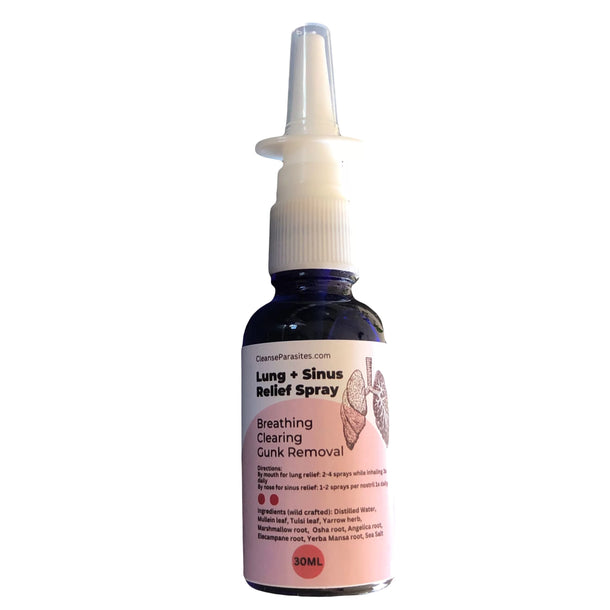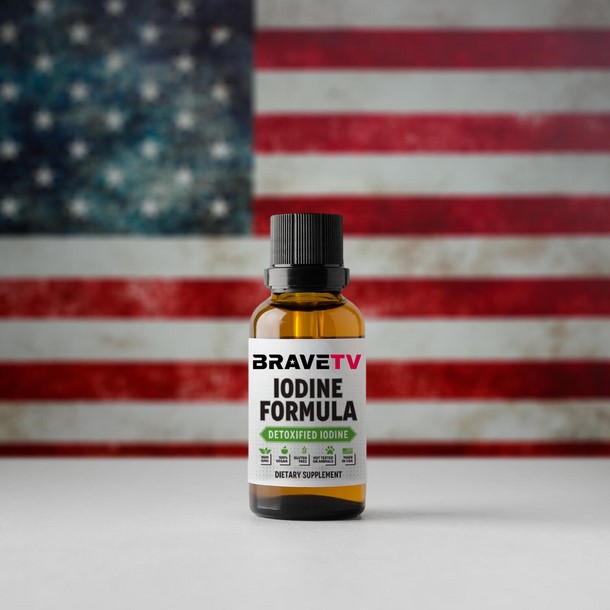If it refuses to live up to its constitutional obligations, the court should at least have the courage to say federal officials can never be sued for violations of constitutional rights.
The Supreme Court just dealt a huge blow to federal police accountability. In a decision released Wednesday, it held that a Border Patrol agent is entitled to blanket immunity from suit simply because he happens to work for the federal government.
The court’s ruling in Egbert v. Boule means that nearly all (if not all) federal officials are effectively above the law. If they violate your constitutional rights – even intentionally – there is absolutely nothing you can do about it unless and until Congress gives you a permission slip to enforce the Constitution.
At the heart of the lawsuit are allegations that Border Patrol Agent Erik Egbert violated innkeeper Robert Boule’s Fourth Amendment rights when he allegedly lifted him off the ground and threw him against an SUVwhile attempting to check the immigration status of Boule’s guests. Then, in violation of Boule’s First Amendment rights, Egbert allegedly had the hotel audited by multiple state and federal agencies to punish Boule for registering a complaint.
Boule went to court to vindicate his rights. But the Supreme Court slammed shut its 13-ton bronze doors and the doors of hundreds of federal courthouses across the country.
‘I had seen that smirk before’:Vestiges of slavery still haunt our legal system
The court’s decision wasn’t based on any failure by Boule to provide enough facts to make his lawsuit viable, nor was it based on any determination that Egbert had acted reasonably or in good faith. No, the reason why Boule won’t be allowed to move forward with his lawsuit against Egbert is simply because, in Justice Clarence Thomas’ words, no court is ever “competent to authorize a damages action” against Border Patrol agents. That’s true, according to the court, no matter where they are or what they’re doing.
Latest affront to federal accountability
This decision is just the most recent blow to federal accountability. The court’s 2017 ruling in Ziglar v. Abbasi prevented a suit against federal officials who orchestrated the unconstitutional detention of Muslims after 9/11, and its 2020 ruling in Hernandez v. Mesa prevented a suit against a Customs and Border Protection officer who killed an unthreatening Mexican teenager. Egbert v. Boule is the latest in the court’s death-by-a-thousand-cuts approach to federal accountability.
Justice Neil Gorsuch, who wrote a separate concurrence in Egbert, would tell you that this de facto federal immunity is justified. After all, in 1871, Congress passed a civil rights statute specifically authorizing constitutional lawsuits against state and local officials, but it has yet to do the same for their federal counterparts.
Even so, Gorsuch is wrong to assume that courts need a permission slip from Congress to do their job. Historically, courts did not.
Blow his head off’:Supreme Court must strip federal agents of absolute immunity
‘They took my life away’:Teen jailed by untrustworthy cop must be allowed to sue
Between our nation’s founding and the early 20th century, courts routinely ordered damages against federal officials for violations of individual rights without asking what Congress would think or what policy implications might result from subjecting federal officials to liability for their wrongdoing. Even after Congress passed the post-Civil War civil rights statute, federal courts often adjudicated cases without invoking congressional approval.
Courts did law – they decided whether the law was violated and, if it was, provided a remedy – without weighing policy or “straining (the laws) to reach public mischiefs.”
As a result, for almost 200 years, if a federal official hurt you or took your property, you could turn to courts to vindicate your rights. But this is no longer true. Following Egbert, nearly all federal officials can violate your rights, and the courts must look the other way.
Justice Gorsuch right about one thing
While Gorsuch is fundamentally wrong to support what one judge has called “today’s rights-without-remedies regime,” he is absolutely right about something else: The nation’s highest court should stop pretending that any real remedy is available against federal officials at this point.
“In fairness to future litigants and our lower court colleagues,” Gorsuch wrote in his Egbert concurrence, “we should not hold out that kind of false hope, and in the process invite still more ‘protracted litigation destined to yield nothing.'”
It is true that, technically, some unknown class of federal officials can still be sued in some unknown set of circumstances under a 1971 case called Bivens v. Six Unknown Named Agents of the Federal Bureau of Narcotics. Nonetheless, as Thomas admitted, Supreme Court justices have denied remedies to any and all plaintiffs coming before them over the past 42 years.
Why then pretend that this remedy still exists? Why give hope to people wronged at the hands of federal agents that their rights can somehow be vindicated in court?
The Supreme Court should return to its historical and constitutionally required practice of doing law and ensuring “that every right, when withheld, must have a remedy, and every injury its proper redress.” Public interest lawyers, like those at the Institute for Justice, will continue bringing cases to the Supreme Court to urge it to do so. But if it refuses to live up to its constitutional obligations, the court should at least have the courage of its own convictions and say federal officials can never be sued for violations of constitutional rights.
At least then, Congress – with no more plausible deniability provided by the Bivens case – will have no choice but to act.

Anya Bidwell and Patrick Jaicomo are lawyers with the Institute for Justice. They represent Kevin Byrd and Hamdi Mohamud – two victims of federal law-enforcement abuse – before the Supreme Court.
This column is part of a series by USA TODAY Opinion about police accountability and building safer communities. The project began in 2021 by examining qualified immunity and continues in 2022 by examining various ways to improve law enforcement. The project is made possible in part by a grant from Stand Together, which does not provide editorial input.
You can read diverse opinions from our Board of Contributors and other writers on the Opinion front page, on Twitter @usatodayopinion and in our daily Opinion newsletter. To respond to a column, submit a comment to letters@usatoday.com.SOURCE: usatoday











